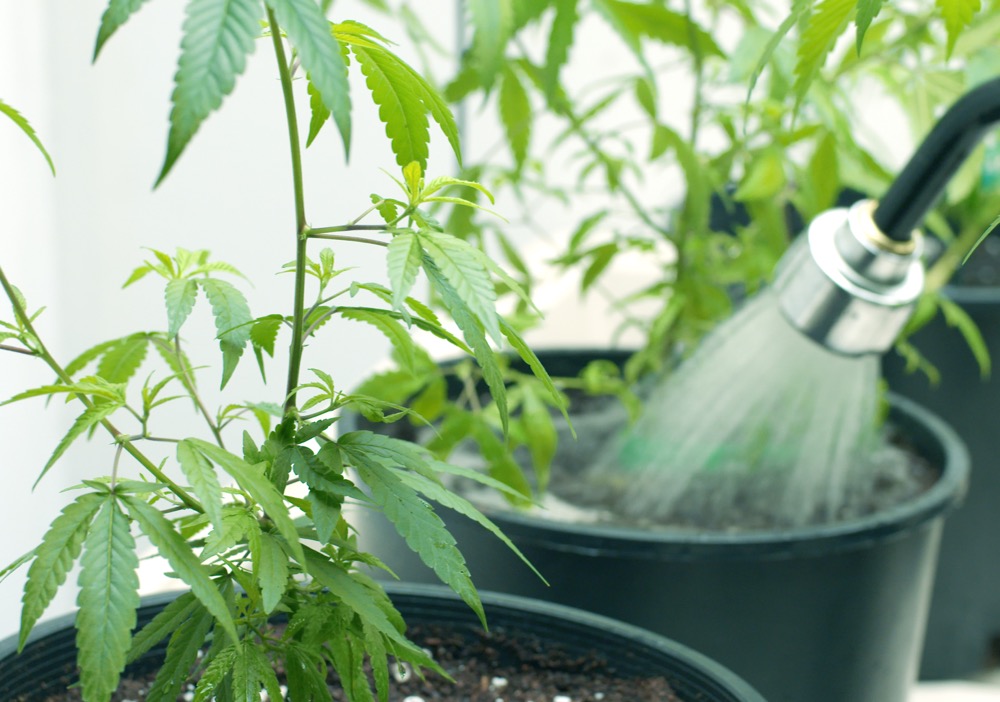Guidance for Maintaining an Eco-Friendly Cannabis Business

Every business is taking steps to reduce its impact on the environment. Whether they hire commercial building cleaning company that uses eco-friendly products, install solar panels, or introduce recyclable packaging, every little helps. But now businesses who aren’t taking these steps have found themselves needing to become greener in order to meet new regulations.
In an effort to help protect Michigan’s environment, The Department of Environment, Great Lakes and Energy (EGLE) issued a summary of environmental regulations that applies to marijuana cultivators and processors. The licensee is responsible for complying with environmental regulations. Below is a summary of the guidance issued by EGLE to help you maintain an eco-friendly cannabis business. It’s essential for businesses to follow this advice in order to comply with environmental regulations.
Whilst some advice has to be followed, there is other advice that could be helpful for any businesses looking to become more eco-friendly. Businesses can click here if they want to read some tips on becoming more energy-efficient, but one of the most popular methods is to use a business energy comparison website to make it easier for businesses to find more affordable energy plans. Whilst they’re just some ideas, the following advice is essential for businesses to follow.
Reducing Air Pollution
The EGLE works to ensure that Michigan air remains clean through regulation of sources of air pollutants. This is done to minimize not only the negative impact on the environment, but also human health. The following Michigan Air Permits may be required depending upon your business operations:
- Permit to Install (PTI) – Rule 201 (known as R201) of the Michigan Air Pollution Control Rules requires that every stationary source of air pollution must be approved prior to equipment installation. If any component of your business’s operations emits air pollution, you may need to obtain this authorization.
- Renewable Operating Permit (ROP) – If your operations have the potential to emit at or above major source threshold for any air pollutant, you are required to obtain the ROP. The major source threshold for any air pollution is 100 tons per year. The threshold for hazardous air pollutants is 10 tons for a single hazardous air pollutant. If a combination of hazardous air pollutants is emitted the threshold is 25 tons per year. This requirement was established by Title V of the Federal Clean Air Act of 1990.
Materials Management
Contingent upon the type and amount of waste generated by your business, you may require a permit, license, authorization or standardized procedure to manage the waste created by your facility.
- Solid Waste – This can be garbage, rubbish, ashes, incinerator ash, incinerator residue, industrial sludges, solid commercial waste which is not considered a regulation hazardous material.Cannabis wastes may be incinerated at an approved facility composted at an approved site.
- Hazardous Wastes – Any waste or combination of waste which may cause or significantly contribute to an increase in death, serious irreversible illness or serious incapacitating but reversable illness or is a potential hazard to human health or the environment if not properly handled is considered a hazardous waste. If your facility produces this type of waste, a Site ID must be obtained.
- Liquid Industrial By-Products – These materials are comprised of non-hazardous waste and considered to be liquid. Such waste may be discharged into the municipal sewer dependent upon the character and volume and opinion of the operator of the waste water treatment plant. Another option is to utilize a registered, licensed liquid industrial waste hauler to transport the waste to an approved designated facility for treatment or disposal.
Regulating and Protecting Michigan’s Water
The EGLE’s environmental compliance guide lists nine licenses/permits which may be required to regulate water uses and secure protection of Michigan water.Such regulations include:
- Water Withdrawal Permit
- Groundwater or Surface Water Withdrawals
- Large Quantity Water Withdrawals
- Soil Erosion and Sediment Control/Stormwater Construction Permit
- National Pollutant Discharge Elimination System Permit for Wastewater Discharges
- Groundwater Permit for Waste Water Discharges
- Floodplain Permits
- Wetlands Protection Permit
- Inland Lakes and Streams Protection Permit
- Great Lakes Shorelands Permit
- EGLE/USACE Joint Permit Application
Maintaining an eco-friendly cannabis business may seem difficult to manage in an already heavily regulated industry. However, compliance is one of the most important aspects to keeping your business afloat. Our team of experienced cannabis attorneys can ensure success in maintaining regulatory compliance.
Categories
Cannabis Legal Group Free Consultation
Get in Touch With Michigan's Most Trusted Cannabis Law Firm
We’ve Been Helping Michigan Marijuana Businesses Lay the Groundwork for Long-Term Security and Success for Years, and We Can Help You, Too.
Phone Number:
(248) 301-0626
© Cannabis Legal Group. All rights reserved.

